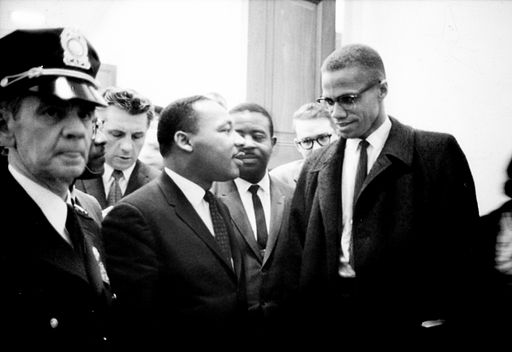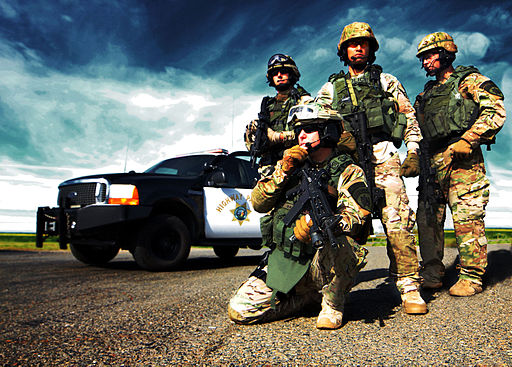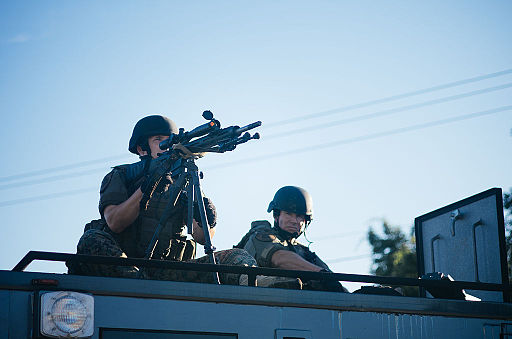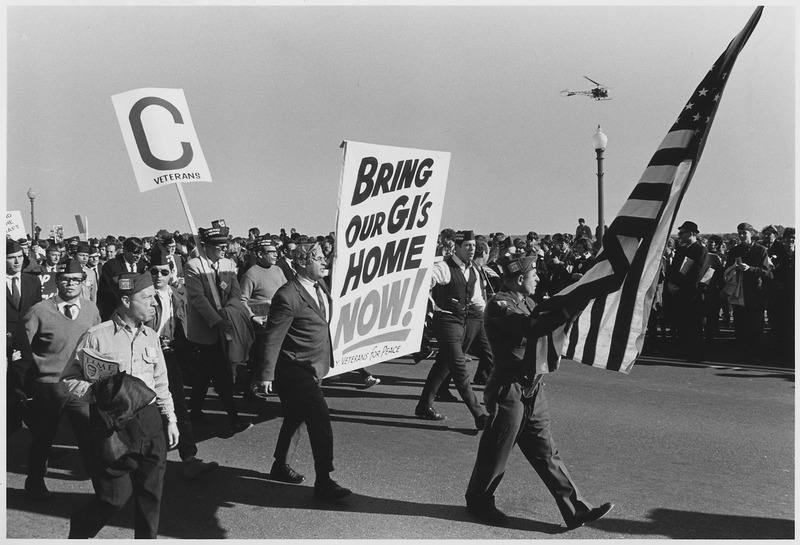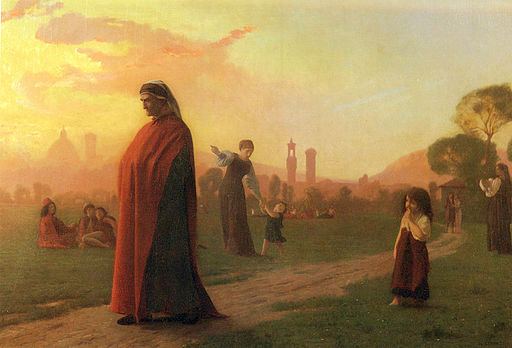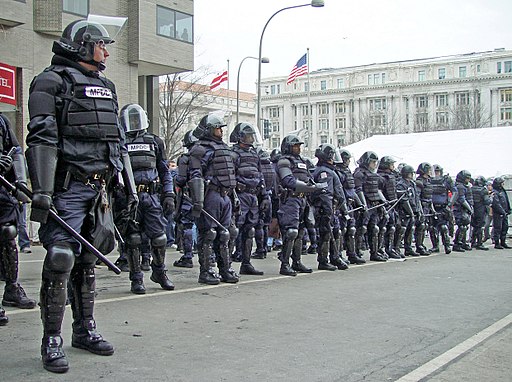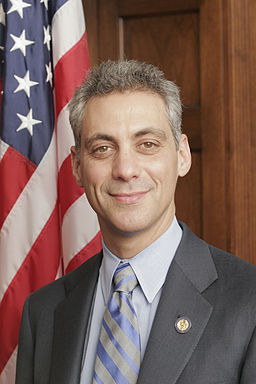Service with a Smile

Many people dealing with the public find it helpful to wear a sticker like this one. Write in whatever name you like, but try to be nice! Image created by Eviatar Bach.
Had the police nonetheless been called to the scene, chances are high the police employees would have treated the two white, middle-aged men in suits with circumspection and respect while working politely toward a peaceful resolution to the problem. Had Officer F*ck You been called to the scene at all, he might have introduced himself instead as Sam-I-Am, the character in Dr. Seuss’s Green Eggs and Ham who beguiles another character into trying the titular foods. Or he could have said with a salty twist “Call me Ishmael”, as the narrator does at the beginning of Herman Melville’s Moby-Dick.
“The Name Game”, a 1964 song written by Shirley Ellis and Lincoln Chase, and performed by Shirley Ellis.
There are any number of names Officer F*ck You could have used if it is the policy of the Decatur police department for employees not to identify themselves when asked by a citizen. He could have referred to such a policy as a reason for not giving any name at all. Contrary to what many people may believe, it is not a matter of law that police employees identify themselves by name, but a matter of each police department’s policy. All of the alternative tactics mentioned above would have conveyed a less hostile tenor and might have even lowered the tension. Isn’t that what a police employee is supposed to do in order to keep the peace? What purpose does it serve when a police employee gets in a citizen’s face when that person simply asks for a name and badge number? Who does it protect to belligerently retort “F*ck You! F*ck You is my name!”?
— Ed. 

